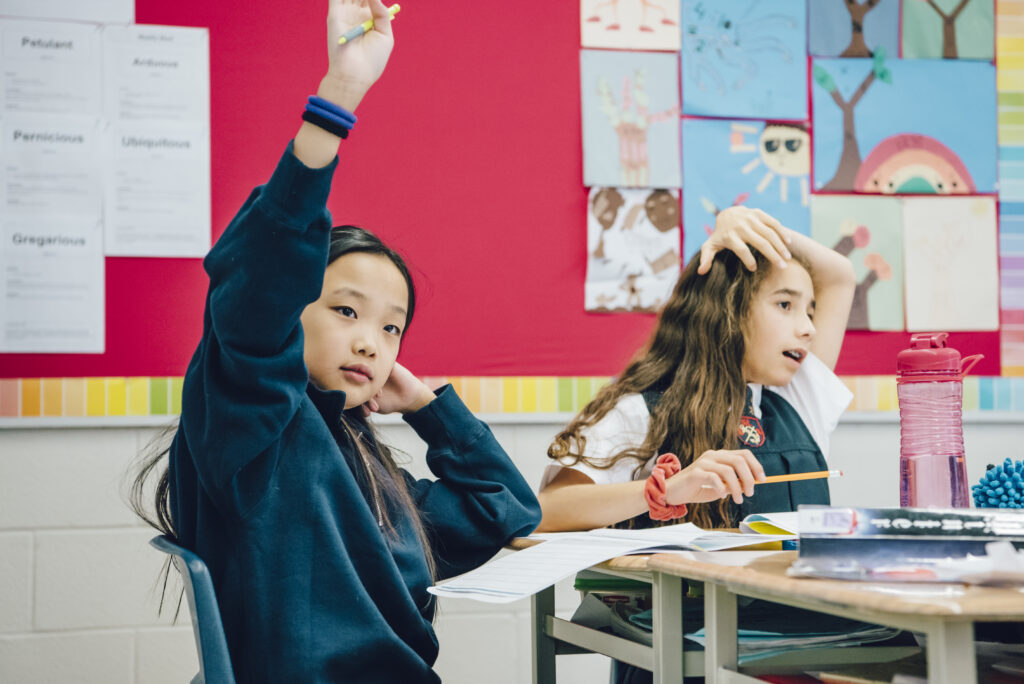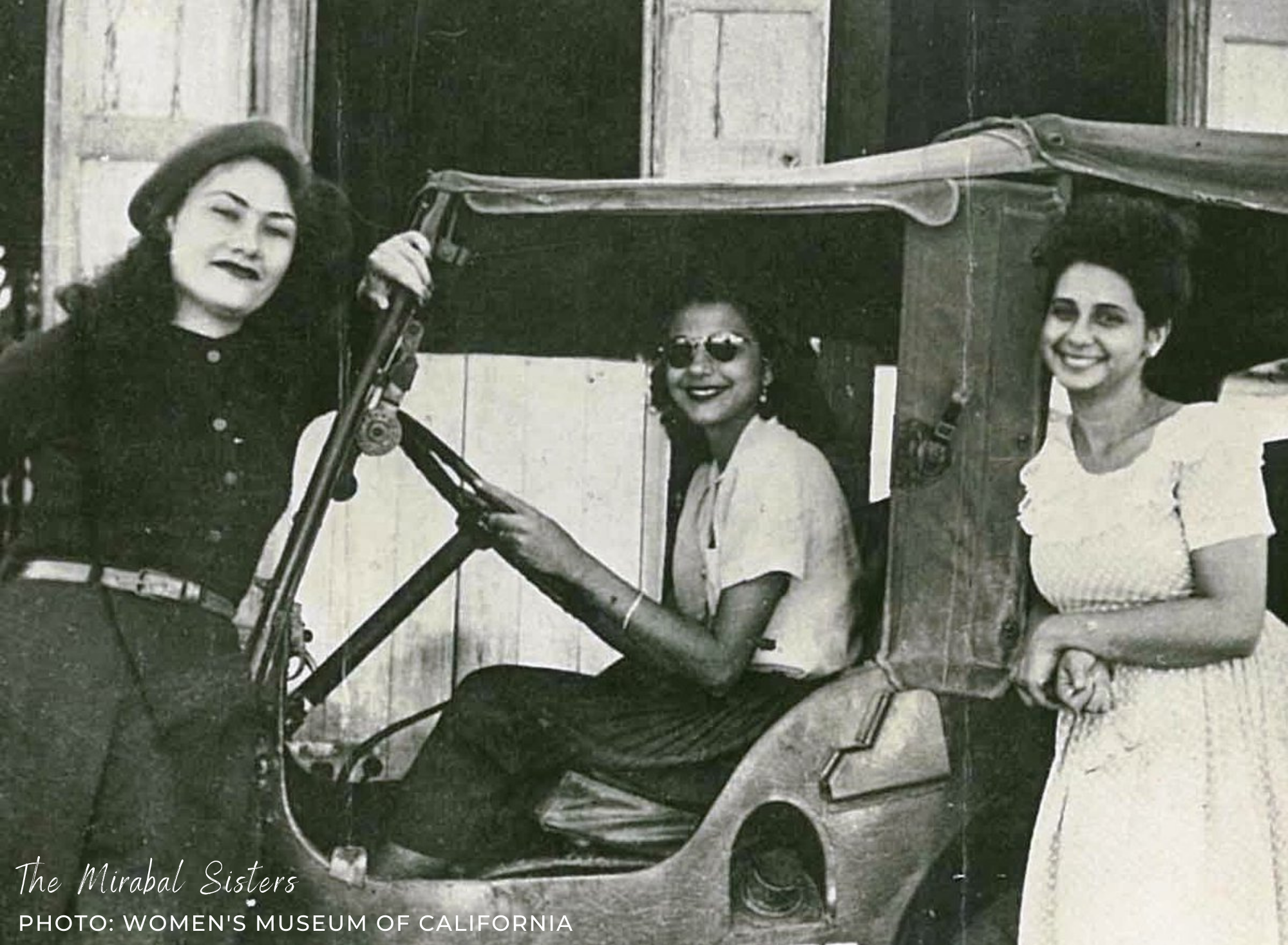This past weekend, I found myself considering three small words – “Ifs, Ands, and Buts” – that take on a big role in the context of conversation and learning. My recollection of hearing “No Ifs, Ands, or Buts” goes back to childhood, when I had likely been trying hard to get something that was at distinct odds with what my parents considered necessary. They are primarily words to close rather than open a discussion; as in, “That’s it, it’s final. No Ifs, Ands, or Buts.”
I thought about the meaning of these words in a different way, however, as I reflected on the imperative for open dialogue and an environment in which that type of conversation can occur– even when we may not have the answers.
To learn deeply, one must be able to pose questions, seek to understand, and do so in an environment that recognizes the complexity of situations and learning itself.
Joanne Quinn, Co-Founder and Global Director of New Pedagogies for Deep Learning explains that when one, “stop[s] by a deep learning classroom…[one] will see students who are voraciously curious and who are encouraged to ask questions of each other, of teachers, families and experts across the community or globe. There’s a constant buzz of communication as students grapple with solving problems or investigating ideas so they can make sense of their world…In schools where deep learning is taking root, we see similar behaviours in the adults…[one] will see teachers interacting, asking questions, facilitating access to resources…”
St. Clement’s School is working to embed these New Pedagogies to ensure our staff are facilitating our girls’ deep learning as we believe that it is a strong and rigorous process through which our girls work that ensures the depth of their learning.
While I do not make it a practice to weigh into political issues, Wednesday’s siege on the Capitol in the United States was something about which many were reeling. It was for some, a surprise and for others not at all. It was and is causing many to try to make sense of the world.
Either way, it was, indeed, something about which to discuss and make sense. As adults and teachers, holding space in which students can learn means pausing, listening and being open to the if, ands, and buts- even if they create discomfort. That is how learning happens.
I appreciated the quick response and support of our staff for each other and our girls as they shared resources in anticipation of what could and would be difficult conversations. Key was being able to provide an environment in which our girls can access the facts, question bias, discern what disinformation is, consider diverse perspectives and make sense of their world around them.
While this particular event will continue to challenge understanding as we seek to foster deep learning about anything, we must remind ourselves to encourage the ifs, ands, and buts as openings to understanding.

